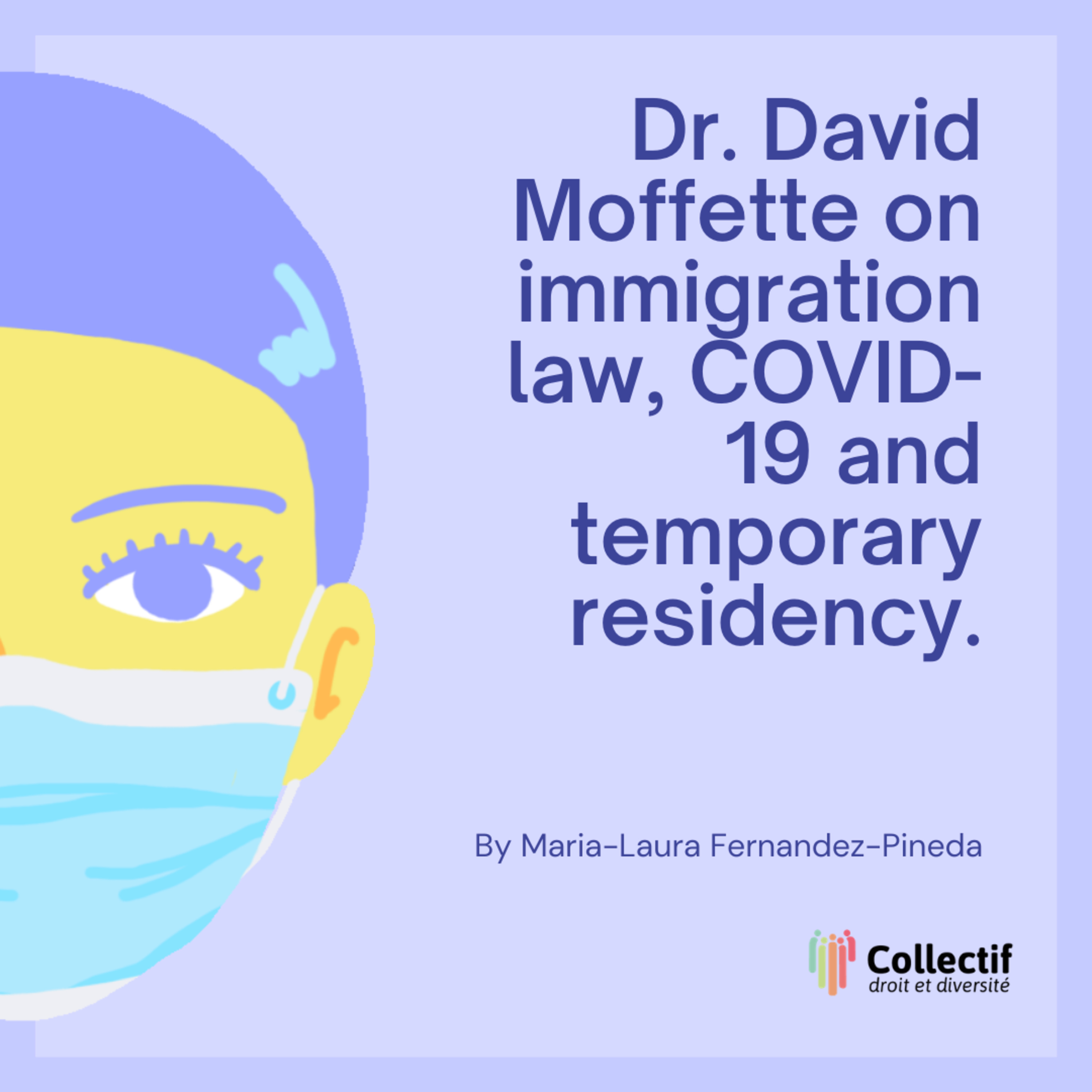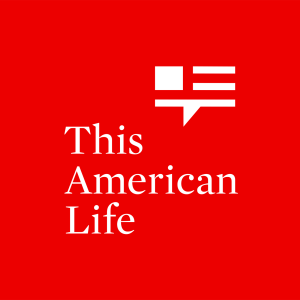

Dr. David Moffette on immigration law, COVID-19 and temporary residency by Maria-Laura Fernandez-Pineda
"Temporary residency" is a protected visa status in Canadian immigration law that allows foreign nationals to remain within Canada’s borders under specific conditions. These conditions include but are not limited to a particular time-frame, travel restrictions, study or work permit requirements, sponsors, additional fees, etc. Essentially, foreign nationals may remain within Canada as long as they consistently fulfill these requirements or risk criminalization or deportation. In the context, of COVID-19 attaining and maintaining temporary residency status has become even more difficult due to work and health restrictions, which puts nearly 429,300 lives at risk. It is essential to understand the "two-fold risk" that foreign nationals face during the global pandemic: on the one hand, many foreign nationals flee their home countries due to internal displacement, persecution, discrimination, or poor living conditions. Upon their arrival to Canada, foreign nationals are given an "implied status" that imposes criteria to constrain their rights and reduce their access to resources that would otherwise ensure them a higher quality of life. In which case, foreign nationals' likelihood of exploitation and revictimization becomes significantly higher at the systemic level.
In this podcast, our columnist Maria-Laura Fernandez-Pineda interviews Dr. David Moffette on immigration law and the influence of COVID-19 in the lives of implied or temporary status individuals.
More Episodes
All Episodes>>Create Your Podcast In Minutes
- Full-featured podcast site
- Unlimited storage and bandwidth
- Comprehensive podcast stats
- Distribute to Apple Podcasts, Spotify, and more
- Make money with your podcast












